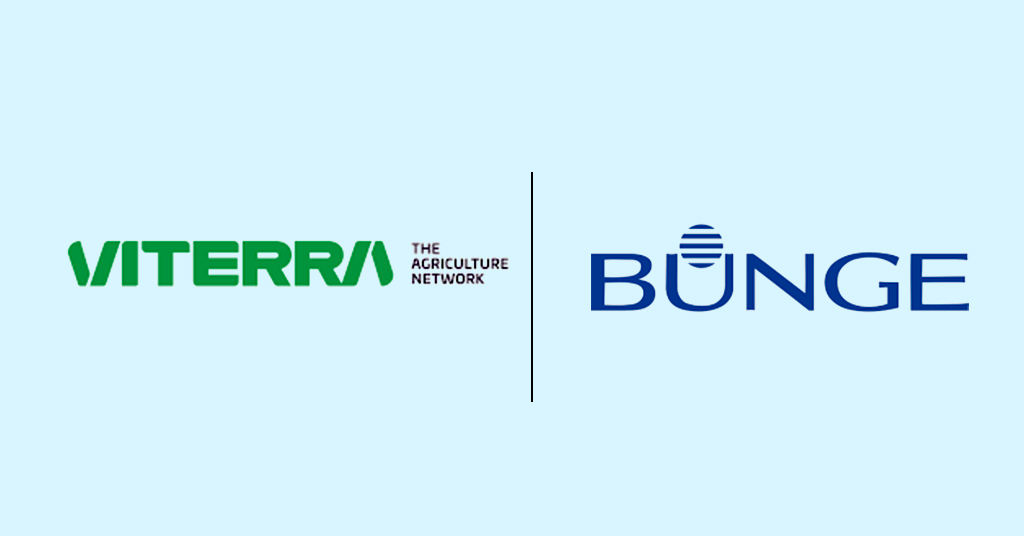Welcome To ChemAnalyst

US: Bunge's proposed acquisition of Viterra would strengthen its position in the renewable Diesel industry and solidify its status as the largest oilseed crusher in the world. However, the deal may face regulatory challenges despite creating an agricultural powerhouse valued at approximately $34 billion, inclusive of debt. The acquisition will boost Bunge's crushing capacity by almost 33%, resulting in an annual production of 75 million metric tons from plants located in Canada, Europe, and Argentina. By joining forces, the combined company will have an advantage over competitors in meeting the anticipated demand for soybean and canola oil, which are used to produce biofuels. Nonetheless, this consolidation trend could result in fewer buyers for farmers' crops.
Bunge, the world's largest oilseed processor and vegetable oil producer, is seeing a surge in demand for its soy and canola oils due to increasing interest in low-carbon renewable Diesel. While Bunge's grain trading business may be smaller than competitors Cargill and ADM. Recent partnerships with Chevron and Corteva, as well as an investment in startup Covercress, have accelerated their strategic growth platform. These collaborations will allow Bunge to tailor crops for biofuel feedstocks and gain access to new, low-carbon-intensity oilseeds for processing.
The acquisition of Viterra will address Bunge's need for additional origination and closer proximity to farmers to promote sustainable practices. Viterra's network of grain shipping terminals and country elevators, which are in key oilseed production areas of North America, Argentina, and Europe, have been identified as a valuable asset to Bunge's current oilseed processing business.
The deal also represents a strategic reversal for Bunge in the United States, where it recently sold 35 grain elevators due to poor profits. Viterra's elevators are in more advantageous positions within Bunge's network.
The Viterra network will assist Bunge's processing plants by buying oilseeds from farmers and transporting products like livestock meal. Having more presence along the value chain is advantageous in this industry. Prior to this deal, investing in Bunge's stock was a way to express a positive outlook on the renewable Diesel buildout, but now it's an even stronger indicator. The U.S. Energy Information Administration forecasts that renewable Diesel production in the United States could more than double by 2025 due to tax credits for renewable fuels under President Joe Biden's Inflation Reduction Act.
Despite rising costs causing some developers to cancel or delay renewable Diesel projects, Bunge has decided to expand its crushing operations to meet the long-term demand for cleaner-burning fuel. The company recognizes that renewable Diesel has the potential to continue growing beyond the initial capacity build-out phase. Soybean oil is a significant feedstock for renewable Diesel, accounting for 28% of its production and 60% of Biodiesel blending with petroleum Diesel. While Bunge's strategy seems promising, regulatory scrutiny in Canada and Argentina could impact Viterra's crushing businesses, which include canola-crushing plants in Eastern and Western Canada, as well as southern Manitoba.
Canada's antitrust regulator will be conducting a review of the planned merger, while Argentina's competition bureau has yet to receive formal notification of the merger.
We use cookies to deliver the best possible experience on our website. To learn more, visit our Privacy Policy. By continuing to use this site or by closing this box, you consent to our use of cookies. More info.
